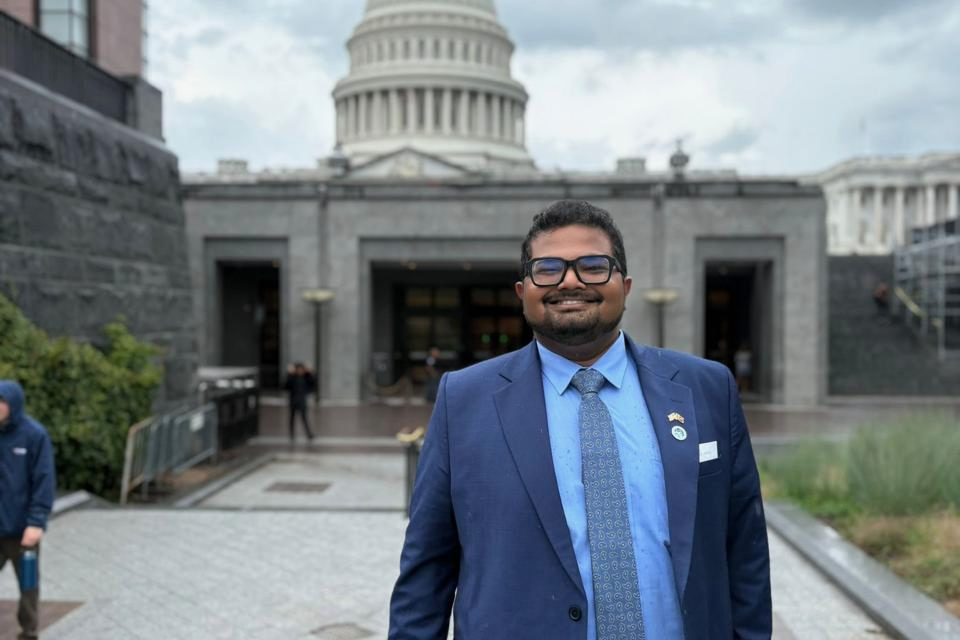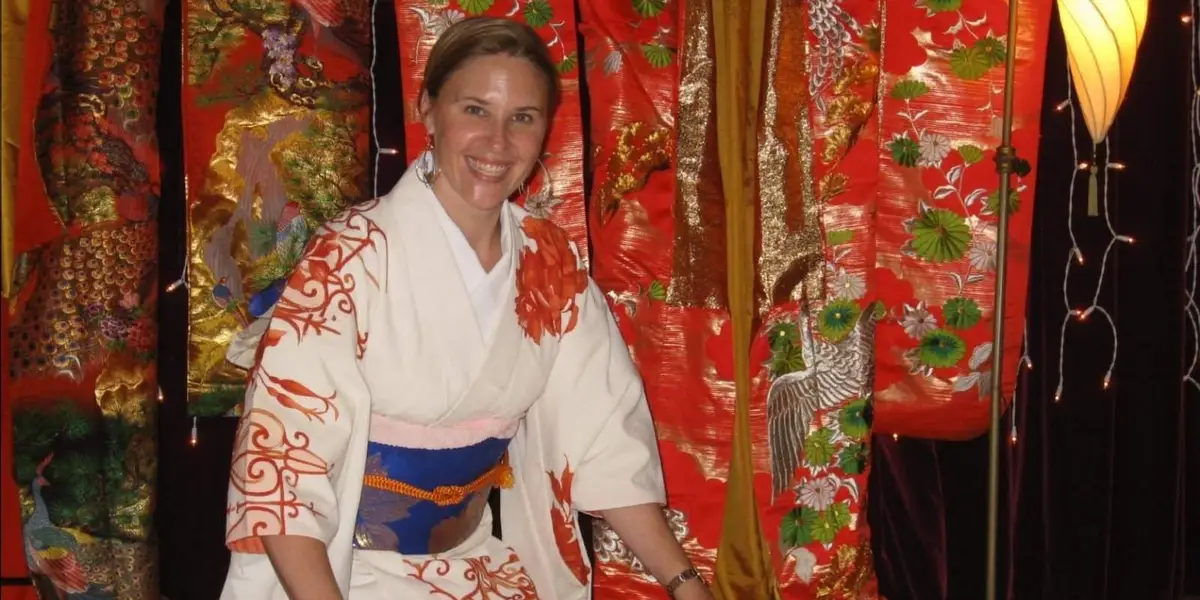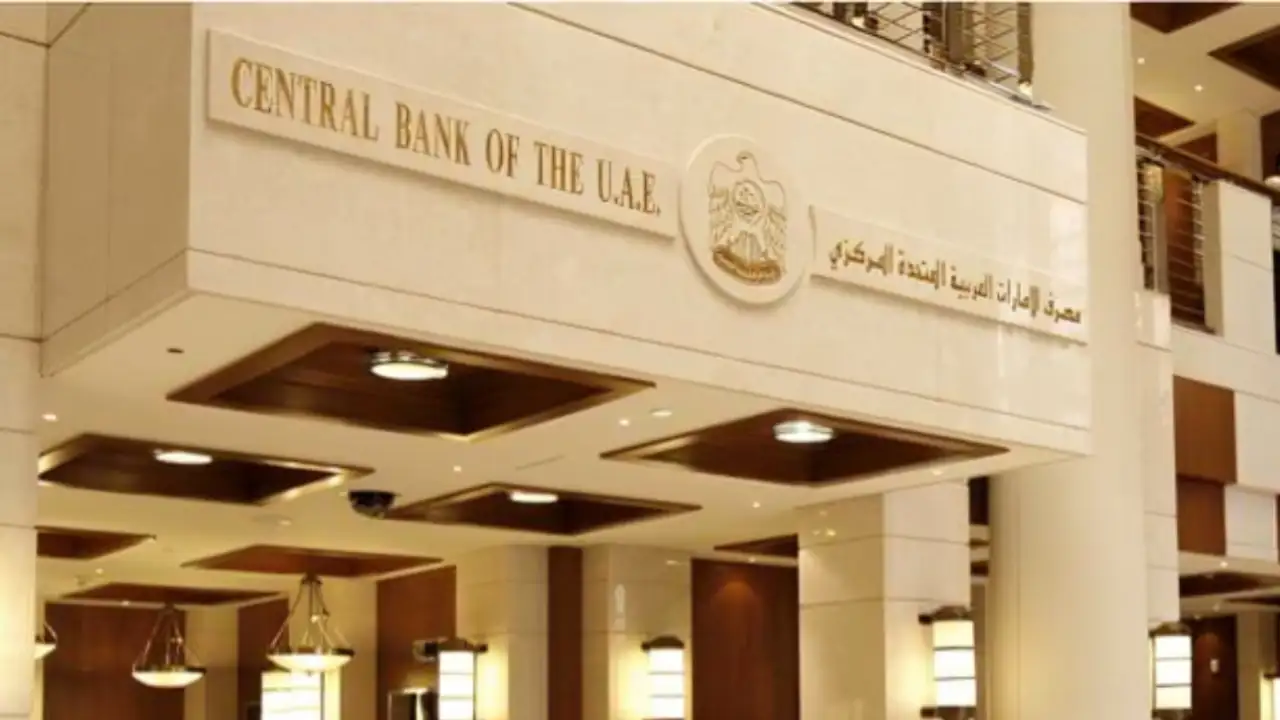By LBO
Copyright lankabusinessonline

When Jehan Wijesinghe boarded his flight to Washington, D.C., he wasn’t just traveling to the United States. He was stepping into a rare opportunity: the International Visitor Leadership Program (IVLP), the U.S. State Department’s flagship professional exchange. This year, he had the privilege of being the only delegate from Sri Lanka, joining peers from 18 countries including Italy, India, Bosnia and Herzegovina, Bahrain, Brazil, Myanmar, Rwanda, Egypt, Ghana, South Africa, Mozambique, Mauritius, Burundi, Uzbekistan, and Uganda.
The participants came from different continents, cultures, and economies, yet they were bound together by a shared mission: to learn how innovation and entrepreneurship can strengthen societies, and to take those lessons home.
From Washington to the West Coast
The journey began in Washington, D.C., where the delegation was introduced to America’s political and entrepreneurial landscape. In the nation’s capital, Jehan also had the privilege of meeting Ambassador Mahinda Samarasinghe, Sri Lanka’s envoy to the U.S. Their conversation centered on a vital question: how can Sri Lankan small businesses be better supported to access the U.S. market? Ambassador Samarasinghe stressed the importance of empowering entrepreneurs as a pathway to stronger exports, a theme that resonated deeply with the Sri Lankan participant.
The delegation also engaged with the U.S. Small Business Administration (SBA), where they met Lisa Shimkat, Associate Administrator of Field Operations. She oversees 68 district offices across America and shared how the SBA actively supports small businesses through funding, mentorship, and market access. Importantly, she expressed an interest in exploring ways to extend support to Sri Lankan small businesses looking to enter global markets. That pledge underscored a powerful message: bridges built through diplomacy can create real opportunities for entrepreneurs.
From Washington, the IVLP took the delegation into the heart of America’s diverse innovation ecosystems. In South Carolina, state leaders explained how agile policies had repositioned their economy. In Baltimore, grassroots initiatives demonstrated how minority-owned businesses can transform communities. Las Vegas showcased reinvention, with tourism and technology blending in unexpected ways.
Salt Lake City proved that geography is not destiny. Once viewed as a traditional, conservative city, it is now a thriving tech hub thanks to deliberate collaboration between universities, corporates, and government. Finally, San Francisco and Silicon Valley gave Jehan a front-row seat to the world’s most iconic innovation ecosystem where vision, storytelling, and global ambition collide to create companies that shape the future.
Why This Experience Matters
Jehan’s own entrepreneurial journey began when he was 19 years old, co-founding IgniterSpace, Sri Lanka’s first makerspace movement. The initiative wanted to give kids the tools to innovate, to let them see that creativity and problem-solving weren’t luxuries, they were life skills.
Years later, he launched UnicornFactory, a platform dedicated to supporting entrepreneurs, startups, and innovators. Through it, he has mentored founders, built communities, and tried to push the message that entrepreneurship is about building futures, not just businesses.
The IVLP experience resonated strongly with him because everywhere he went in the U.S., he saw ecosystems built to empower—whether it was students, small business owners, or minority communities. He couldn’t help but think: “Sri Lanka has the raw talent, the creativity, the resilience. We just need to design the right ecosystem around it.”
Lessons for Sri Lanka
Five key insights stood out across his travels:
1. Policy as Infrastructure
In Nevada and South Carolina, state governments don’t treat policy as bureaucracy. They treat it as infrastructure. Incentives for startups, streamlined business registration, and smart tax codes aren’t afterthoughts; they are as essential as roads and electricity. For Sri Lanka, the message is clear: entrepreneurs don’t just need inspiration, they need systems designed to help them grow.
2. Ecosystem Collaboration
Salt Lake City taught him something unexpected. Once seen as conservative and traditional, the city has reinvented itself as a thriving hub for technology by breaking down silos. Universities have become pipelines for talent, corporates act as first customers, and the government creates supportive policies. In Silicon Valley, this model goes even further, with venture capital, academia, and industry constantly cross-pollinating. If Sri Lanka’s institutions continue to operate in isolation, the country’s best ideas will die in silos instead of reaching the world.
3. Inclusion as Strategy
In Baltimore’s grassroots programs and San Francisco’s diversity-focused accelerators, inclusion isn’t just charity—it is economics. Women founders, minority entrepreneurs, and freelancers aren’t treated as edge cases; they are placed at the center of growth strategies. Sri Lanka is sitting on vast untapped potential in its women entrepreneurs, youth, and booming freelance community. If the country doesn’t empower them, it loses not just human potential but economic opportunity.
4. The Power of Place
Las Vegas and Salt Lake City both reminded him that geography is not destiny. A desert city built on entertainment is now exploring smart infrastructure and tech-led tourism. A religiously conservative city is now a global startup hub. For Sri Lanka, this means innovation doesn’t need to be Colombo-centric. Cities like Kandy, Jaffna, and Galle can be cultivated as regional innovation hubs, spreading opportunity across the island.
5. Global Storytelling
In Silicon Valley, one thing stood out: founders are not just builders, they are storytellers. They pitch their ideas with clarity and ambition, framing their ventures in a way that attracts global capital, talent, and partnerships. Sri Lanka has incredible talent but often undersells itself. To play on the world stage, the country must learn to tell its stories with confidence, think global from day one, and position its ideas as solutions that matter internationally.
A Bridge Back Home
As Jehan reflects on this journey, he feels a responsibility. Being part of the IVLP wasn’t just about representing Sri Lanka abroad. It is about bringing those insights back home and asking: how do we reimagine our own innovation landscape?
At UnicornFactory, and through every role he has played in product development and entrepreneurship, he wants to apply these lessons, creating pathways for Sri Lankan founders, freelancers, and dreamers to succeed globally.
He expresses gratitude to the U.S. Embassy in Sri Lanka and the U.S. State Department for entrusting him with this opportunity. More than anything, the IVLP has reminded him that while participants come from different geographies, the challenges they face as entrepreneurs are shared, and so are the solutions.
For Jehan, this wasn’t just a trip. It was a bridge. And the real test now is how well Sri Lanka builds on it back home.



